- Traverse City, MI |
-
West: W Front St:
(231) 944-6541
-
| Central: Munson Ave :
(231) 421-9300
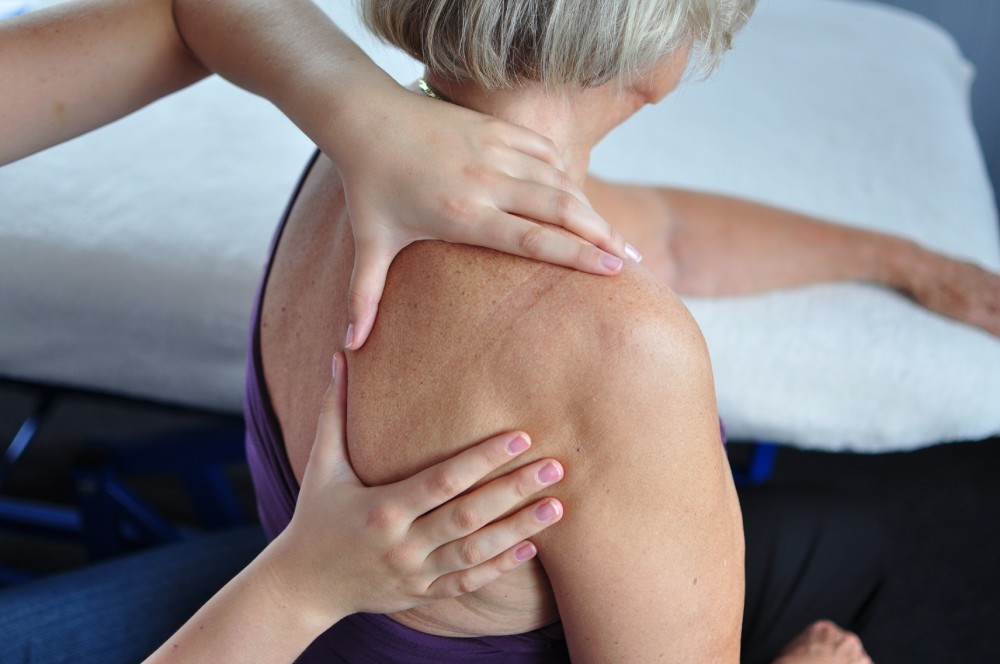

Rotator cuff tendonitis is the condition where the tendons in the shoulder joint are irritated and inflamed.
It is also sometimes called impingement syndrome. The condition can develop over time especially when the shoulder is overused or stays in one position for a long period.
Certain activities such as swimming, pitching, or playing tennis can increase the likelihood of developing rotator cuff tendonitis. In some cases, the condition develops without any known cause.
People who have rotator cuff tendonitis report experiencing a few of the following common symptoms:
Pain in front of the shoulder
Pain when vertically moving the arm
Pain in the shoulder that disrupts sleep
Swelling in the shoulder area, especially up front
Clicking sounds when the arm is moved
Stiffness in the shoulder area
Reduced arm mobility or strength
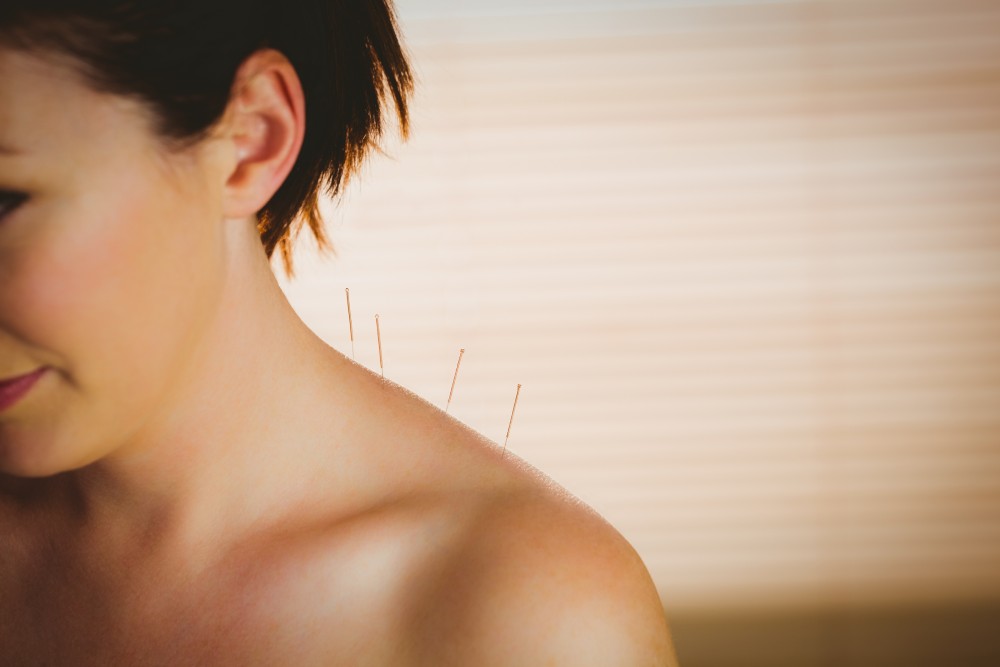
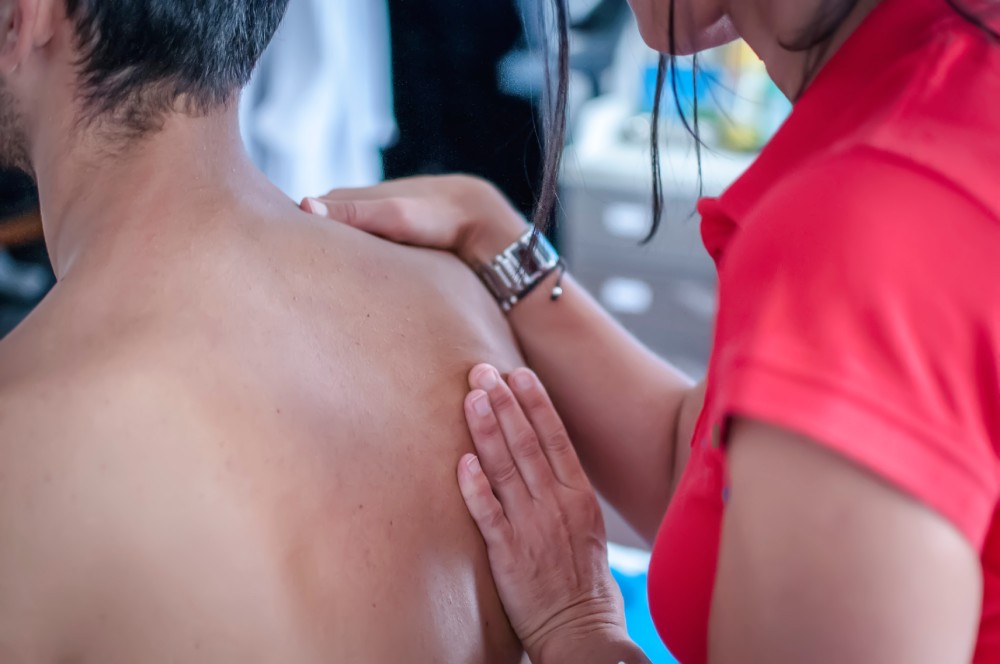
Doctors usually focus on the affected area for their diagnostic tests. They will look for tenderness in the shoulder and test the mobility of the arm. They may also order imaging tests, like an x-ray, ultrasound, or an MRI to confirm rotator cuff tendonitis.
At Superior Physical Therapy, we employ a movement exam to better identify the cause of the rotator cuff tendonitis. Using this exam, we can tell whether the problem is isolated or may be caused by weakness or other issues elsewhere in the body.
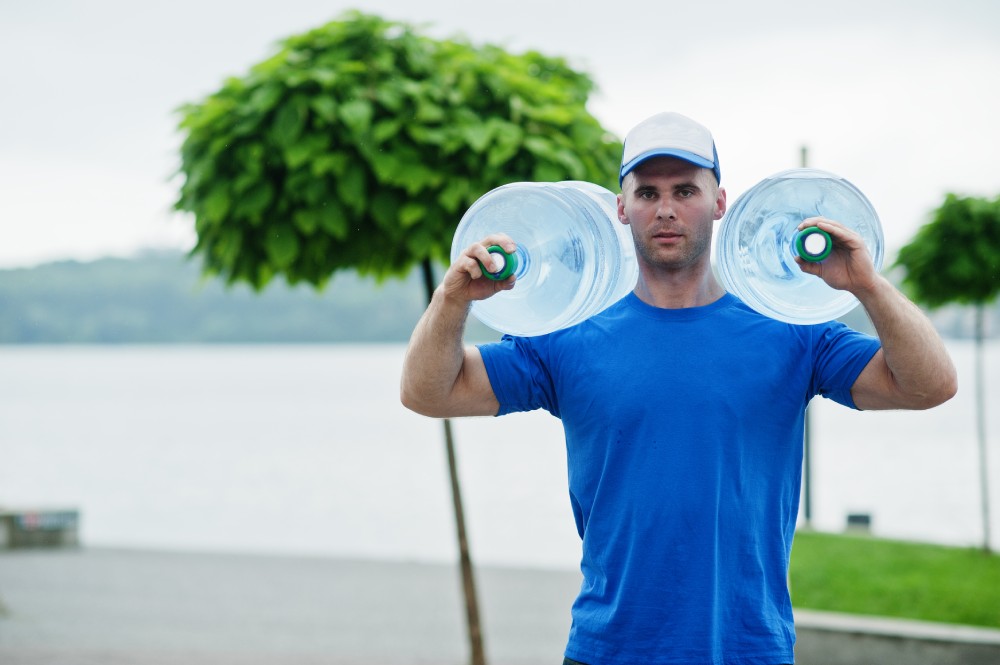
Rotator cuff tendonitis can develop over time especially if an individual conducts repeated heavy lifting or overhead activities. These activities can cause progressive degeneration that can eventually irritate, damage, or inflame the tendon in the shoulder joint.
The condition can also be caused by a substantial injury in the shoulder area. An accident may leave considerable trauma to the shoulder area, forcing pressure and ultimately damaging the shoulder joint.
The following risk factors have also been found to increase the likelihood of developing rotator cuff injury:
Age – As people age, the joints in the body generally become weaker and more susceptible to damage and irritation. Rotator cuff tears, for example, are more common in people who are over the age of 60.
Construction jobs – Individuals who work in construction or other jobs that require similar repetitive arm motions can increase the risk of rotator cuff damage over time.
Family history – In some cases, members of the same families can develop rotator cuff injuries. This points to the possibility of the involvement of a genetic component.

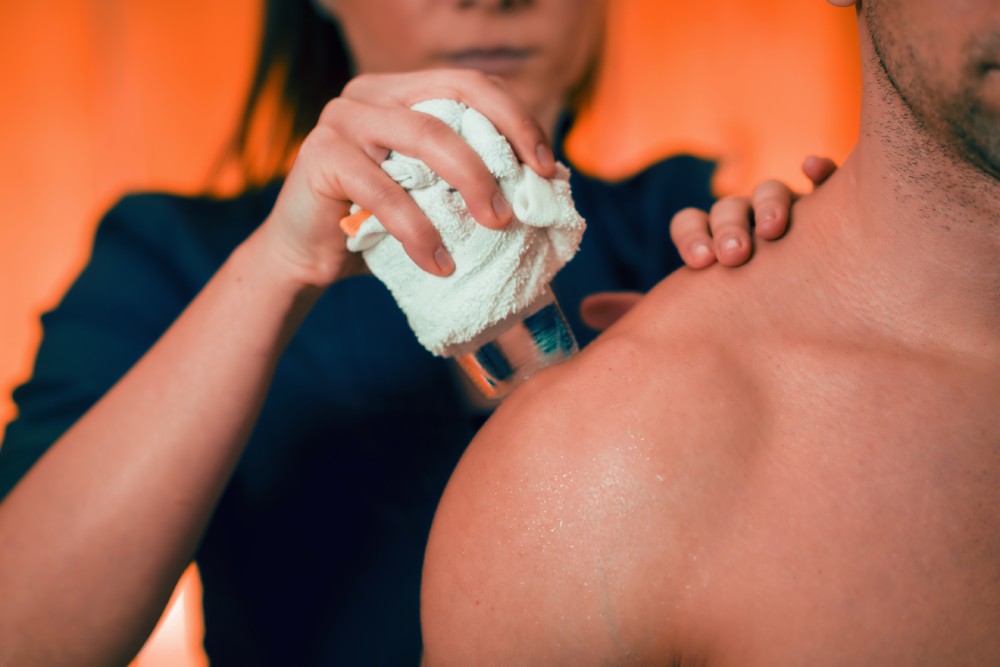

Doctors may recommend a host of nonsurgical and surgical treatments to address rotator cuff tendonitis including the following:
Rest – Doctors may advise the individual to refrain from activities that cause pain in the shoulder joint. These may include anything from daily household chores to tasks done at work.
Medication – Doctors may also recommend nonsteroidal anti-inflammatory drugs such as naproxen and ibuprofen to address the pain.
Injections – Steroid injections are done to reduce the inflammation in the joint and effectively manage pain. This is done when the previously mentioned conservative treatments are not effective.
Surgery – Doctors can also recommend anything from the least invasive arthroscopy surgery to the open shoulder surgery, depending on the extent of the problem. The latter is usually recommended for individuals with other issues in the shoulder area, such as a tear in the large tendon.
Check out more great info on Rotator Cuff Tendonitis by Clicking Here.
We've got in-person, educational Workshops on a monthly basis that cover a variety of physical problems (like rotator cuff tendonitis) and how to heal. Find out more or register by Clicking Here.
The traditional treatment options mentioned above may work to manage the pain, but they rely on the body’s ability to heal itself in the long-term. While this may be effective in relieving pain in the short-term, without addressing the underlying cause, the condition could recur.
At Superior Physical Therapy, we recognize that these conditions may be caused by issues elsewhere in the body. As such, our goal is to accurately identify the main source of the problem and find ways to address it. Read more here about the effectiveness of physical therapy for rotator cuff pain relief.
We offer the following treatment options:
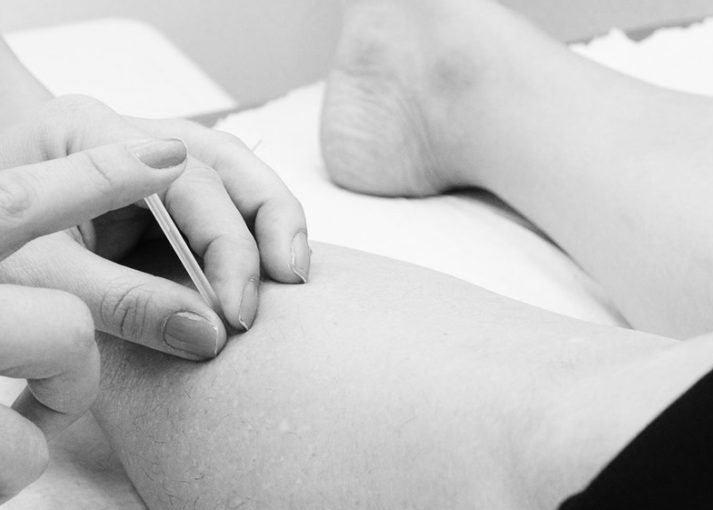
In order to improve motion in the dysfunctional areas that are causing the increased stress on the painful injured tissues the most effect way to make a change in the body is to have a physical therapist use their hands to facilitate the proper motion while you are moving at the same time. This helps improve the path the body takes in order to reduce stress and tenson on the injured area.
The most important element of healing is identifying the cause. The cause is a movement disorder somewhere else in the body that is creating more stress in the injured area than the tissue can handle. A full body movement assessment is the most important aspect in finding the true cause. This involves assessing how mobile and stable the areas above and below the injured tissues are. Once the dysfunctional areas are identified the physical therapist can then prescribe home treatments to fix the problem areas.
Mechanical vibrations are used to penetrate deep into the muscle tissue improving blood and lymphatic flow, and tissue regeneration. The vibrations also improve the lactic acid cycle, which is a common pain source.
Our own Dr. Andrew Gorecki has been working with patients with similar presentations in the last 15 years. During that time, he has developed the Superior Method of identifying the underlying cause of these issues and effectively addressing them with physical therapy.
Get into an easy 15-min discovery call with Dr. Gorecki to get started for free. You will experience lasting relief from your rotator cuff tendonitis by calling 231.944.6541 or sending an email to info@thesuperiortherapy.com.
